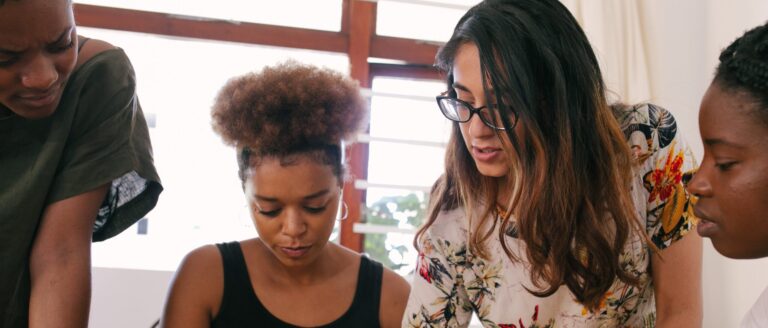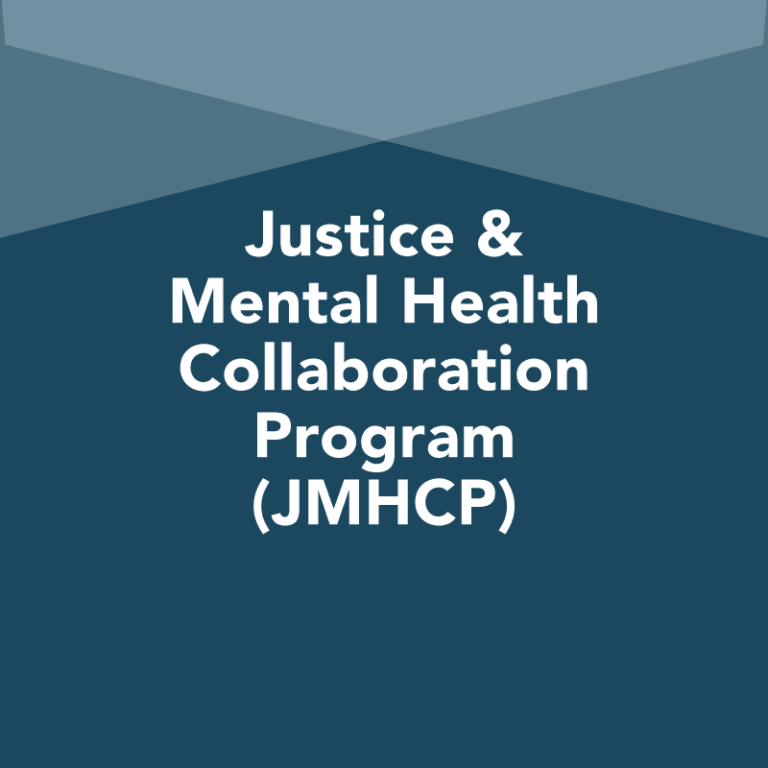Peer support specialists are often asked to draw on their lived experience with behavioral health conditions and criminal justice involvement to support participants of behavioral health-criminal justice programs. This experience allows them to offer inspiration and model positive behaviors, as well as connect people to needed supports and lead recovery groups, among other benefits. At the same time, implementation challenges can limit their effectiveness. The Council of State Governments Justice Center interviewed peers who work with three Justice and Mental Health Collaboration grantee programs to better understand how to overcome these challenges. This brief highlights four key strategies gleaned from these interviews, that can be used to advance the work of peer support specialists.
Related Resources

Preparing Law Enforcement Agencies for Embedded Clinicians
Crisis Systems, Law Enforcement, Mental Health
Read more
Building Successful Partnerships with Peer-Run Organizations
Co-Occurring Substance Use, Mental Health
Read more
FY2023 Planning and Implementation Guide for JMHCP Connect and Protect
Co-Occurring Substance Use, Law Enforcement, Mental Health
Read moreAuthors

Rachel Lee
Project Manager, Behavioral Health
Rachel Lee provides technical assistance to Justice and Mental Health Collaboration Program grantees and offers support on other projects that focus on the intersection of behavioral health and criminal justice. Prior to joining the CSG Justice Center, Rachel worked for C4 Innovations, where she provided project assistance to several recovery-focused Substance Abuse and Mental Health Services Administration initiatives. Rachel has also served as a therapist for people with behavioral health disorders in both inpatient and outpatient health care settings. Rachel earned her BA in psychology from Bates College and her MSW and MPA from Columbia University.